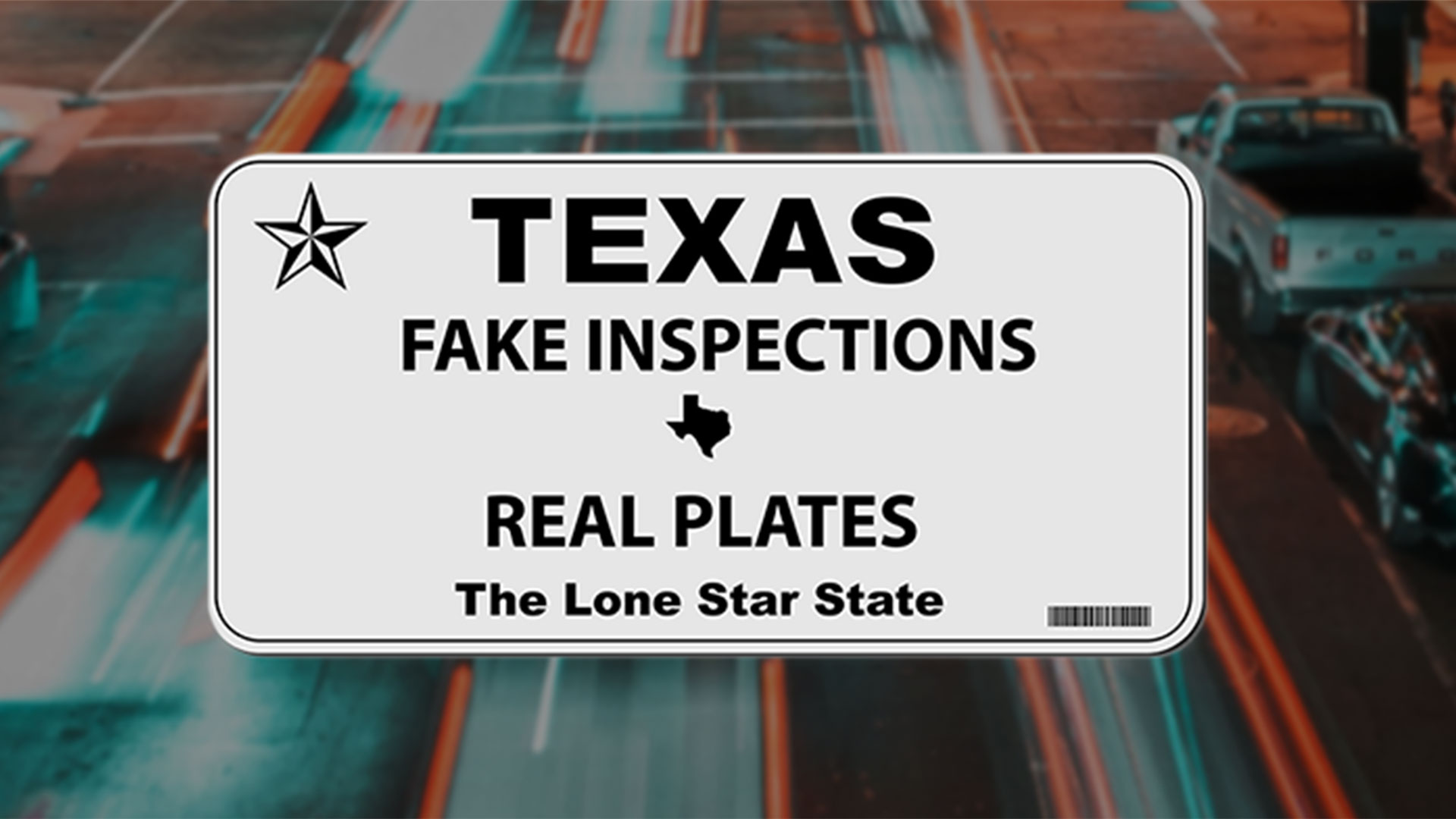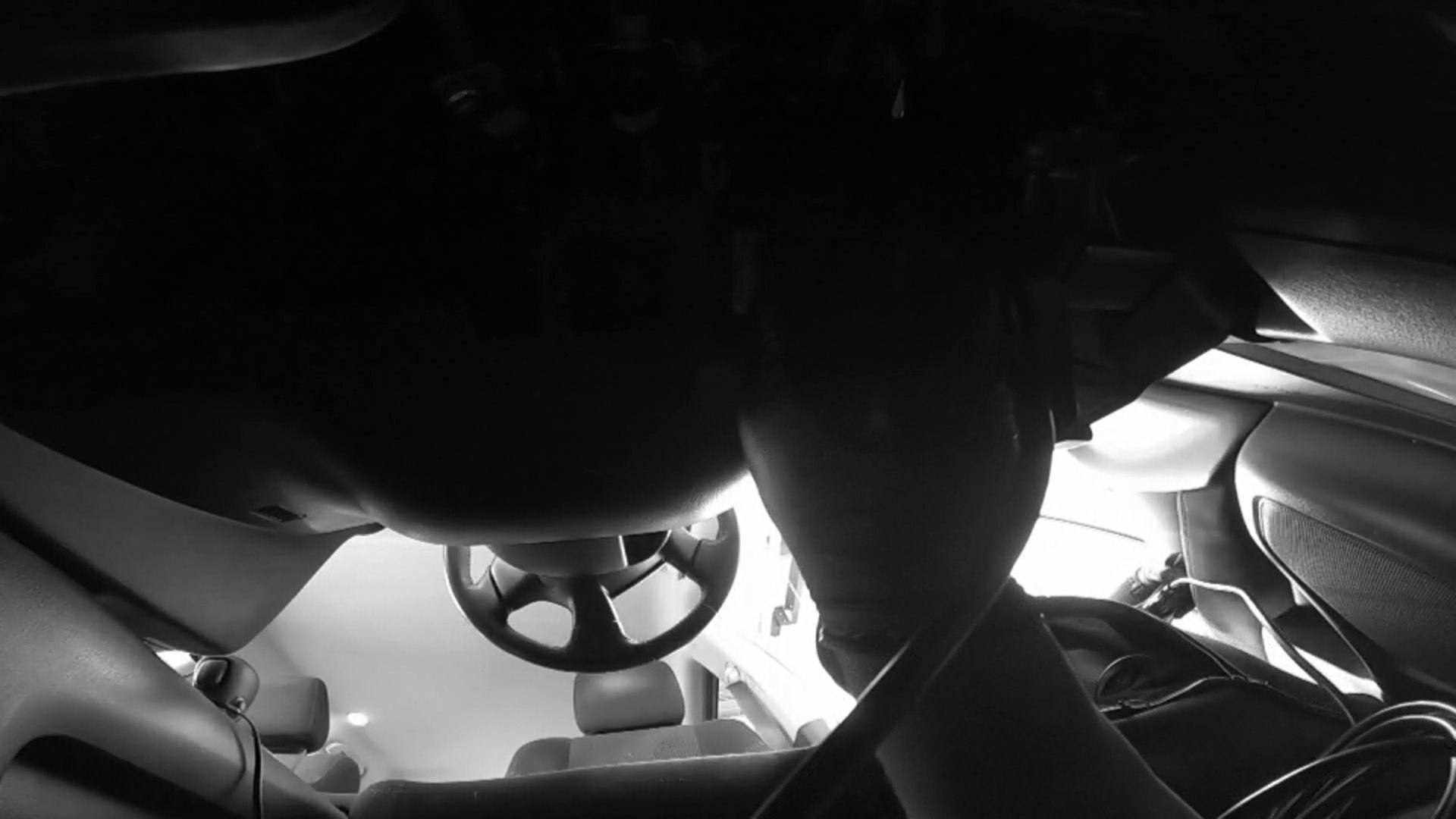After an NBC 5 Investigation raised questions about whether millions of Texas cars were able to get real license plates with fake safety and emissions inspections, some Texas lawmakers are calling for action.
Two prominent North Texas legislators said they want answers from the Texas Commission on Environmental Quality about why the state's inspection computer system doesn't immediately block stations suspected of fraud from continuing to pass cars.
NBC 5 Investigates revealed Wednesday that a group of investigators in Travis County believes as many as 5 million Texas cars are "clean scanned" every year -- meaning someone has paid a state-licensed inspection station to manipulate an emissions test so that it guarantees a passing result and to then skip the companion state-required check of the car's brakes, tires and other safety equipment.
Our reporting found the state's inspection computer system is not programmed to catch fake inspections and immediately stop them. State records we obtained show the system captures data showing red flags for fraud in real-time - but the system allows inspection stations to keep passing cars despite those red flags.
"They need to figure out exactly what type of software they need to put in place in order to be able to check it out and then respond accordingly," said Texas Sen. Royce West (D-Dallas, Dist. 23). "You can't respond a year later. You've got to respond in real-time to that."
West promises to take up the issue with the TCEQ, the agency that runs the inspection computer system.
The TCEQ confirmed to NBC 5 Investigates that its system is not currently programmed to automatically alert law enforcement when suspected fraudulent inspections are entered into the system. But the agency said that it will continue to work cooperatively with the Texas Department of Public Safety to develop appropriate tools and functionality that will help them weed out fraud.
The DPS enforces the state's inspection rules.
Texas State Rep. Craig Goldman (R-Fort Worth, Dist. 97) said the time to act is now.
"Thanks to you bringing this to our attention. Now, I'm going to have that conversation with TCEQ and see how we fix that," Goldman said.
Law enforcement and legislators aren't the only ones fed up with fraud at licensed inspection stations. Some legitimate inspection stations said they've also had enough.
"It's a huge problem. We see it every day. We see it every day. And we all and there's nothing we can do about it," said Scott Morrisson, who operates several state licensed inspection stations said his stations often get complaints after they fail a car and the driver then finds another station willing to pass it for a fee.
"Our biggest frustration are these criminal operations that are literally just selling stickers," Morrisson said.
Morrisson is a board member of the Texas State Inspection Association, which believes good inspections keep families safe by keeping unsafe cars off of Texas roads.
"We've got to do that. We just don't need a bunch of vehicles on the road that can't pass a relatively simple inspection," West said.
For Goldman, fixing the inspection system is actually his second choice. He said he'd prefer to scrap inspections completely and put the responsibility of having safe cars on the road on drivers and not on the state. Questions now about widespread fraud within the inspection system only added to his existing doubts about the program.
"Good people are going to get their cars inspected and frankly, waste that time and waste that money to get them inspected versus the criminals out there that are going to game the system," Goldman said.
There are a couple of bills pending in the legislature that would either eliminate inspections, as Goldman has suggested, or lengthen the number of years between required inspections.
National research on whether inspection programs reduce crashes and deaths has found mixed results over the years. But if it's true that as many as five million cars in Texas have fake inspections, as those Travis County investigators suspect, some say it may be harder to assess whether inspections here are having an impact or not.



